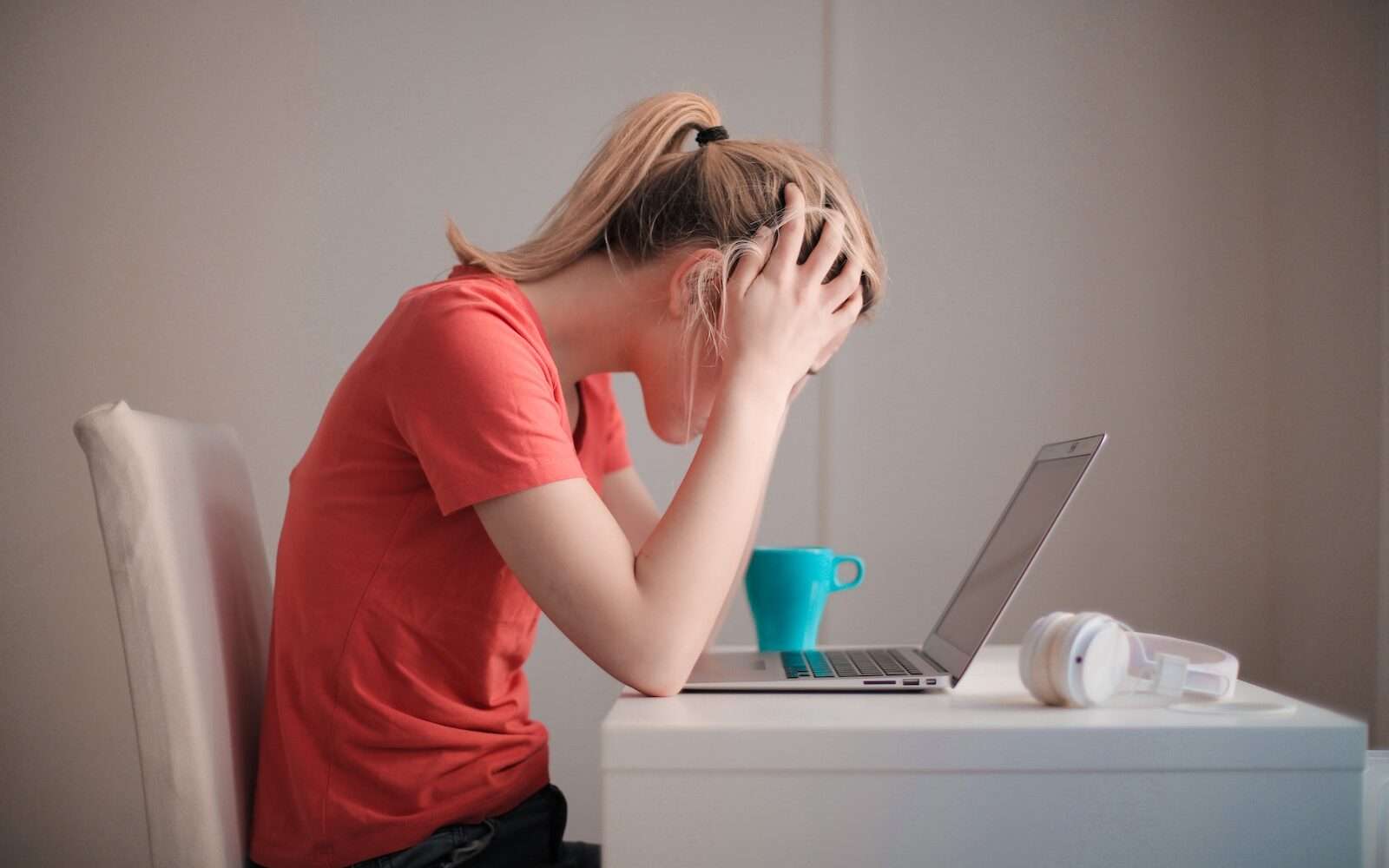Dealing with stress and anxiety: Effective Strategies for Coping
Dealing with stress and anxiety is a common challenge that many people face in their daily lives. Chronic stress and anxiety can have a negative impact on one’s physical and mental health, causing a range of symptoms such as headaches, fatigue, sleep disturbances, and irritability. If left unmanaged, it can also lead to more serious conditions such as depression and heart disease.

However, there are several effective strategies that can help you cope with stress and anxiety. Here are some tips for managing these feelings:
- Exercise: Regular physical activity has been shown to be a powerful tool in reducing stress and anxiety. It helps to release endorphins, which are the body’s natural mood boosters, and can also improve sleep quality.
- Relaxation techniques: Breathing exercises, yoga, and meditation are all effective methods of reducing stress and anxiety. They help to slow down the heart rate and calm the mind, allowing you to focus on the present moment.
- Social support: Talking to friends, family members, or a professional therapist can provide a much-needed outlet for stress and anxiety. Having a supportive network can help you to feel heard and validated, which can in turn reduce stress levels.
- Mindful living: Practicing mindfulness, which is the act of focusing on the present moment, can help to reduce stress and anxiety. This can be done through simple activities such as paying attention to your breathing, noticing the sensations in your body, or simply taking time to enjoy the simple things in life.
- Healthy habits: Maintaining a healthy diet, getting enough sleep, and avoiding unhealthy habits such as smoking and excessive alcohol consumption can help to reduce stress and anxiety levels.
In cases of extreme stress and anxiety, it is important to seek professional help. This may include therapy or medication, depending on the individual’s specific needs. A mental health professional can help to develop a treatment plan that addresses the root causes of stress and anxiety and provides effective coping strategies.
Dealing with stress and anxiety requires a multi-faceted approach that includes self-care, support from others, and professional help if necessary. By taking care of your physical and mental health, you can reduce stress and anxiety levels and improve your overall well-being.
Seeking medical professionals
When dealing with stress and anxiety, there are several medical professionals who can provide help, including:
- Psychiatrists: A psychiatrist is a medical doctor who specializes in the diagnosis and treatment of mental health conditions, including stress and anxiety. They can prescribe medication and provide therapy.
- Psychologists: A psychologist is a mental health professional who specializes in the assessment and treatment of mental health conditions using talk therapy and other evidence-based approaches.
- Therapists: Therapists, such as clinical social workers, licensed professional counselors, and marriage and family therapists, can provide talk therapy and other forms of counseling to help individuals cope with stress and anxiety.
- Primary care physicians: Your primary care doctor can provide a comprehensive evaluation of your physical and mental health, and they can provide referrals to specialists if necessary. They can also prescribe medication and provide guidance on lifestyle changes that can help reduce stress and anxiety levels.
It’s important to note that each individual’s needs are unique, and what works for one person may not work for another. Seeking the advice of a trusted medical professional can help to determine the best course of action for managing stress and anxiety.


